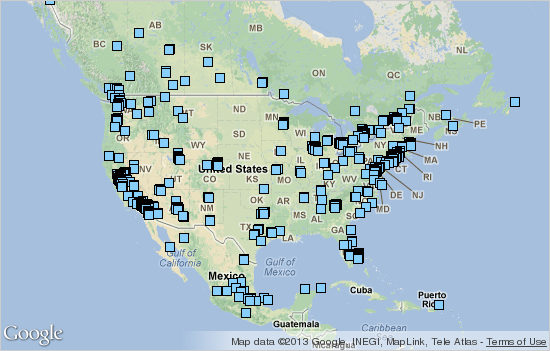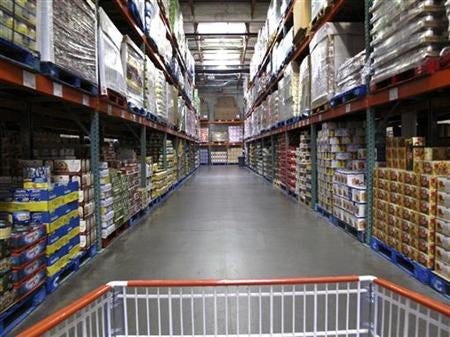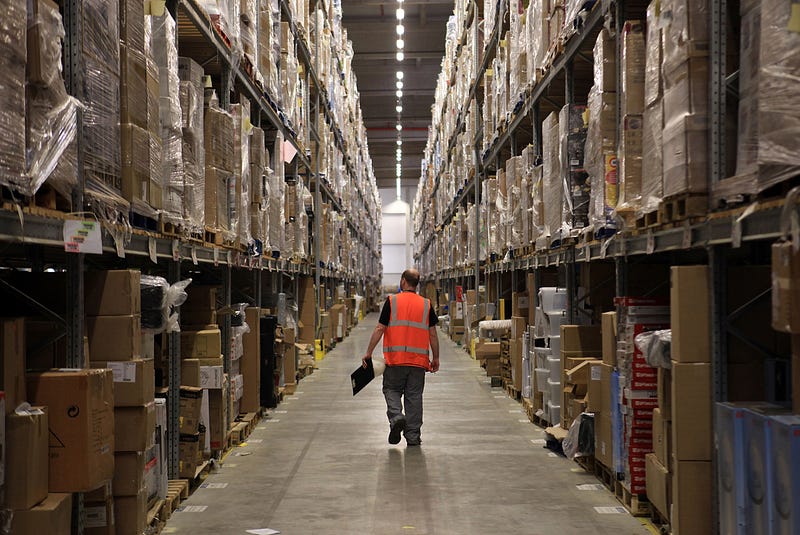This post was originally published on Medium in 2013.
I’m looking to invest in a company that:
- Is a retail market leader
- Sells everything from clothes and books to appliances and electronics
- Has a loyal customer base
- Allows customers to buy “membership” in return for special perks
- Encourages customers to buy in bulk
- Has expanded into verticals unrelated to the retail focus it had when founded
- Sells generic products under its own brand name
Any recommendations? Amazon comes to mind, but today I want to argue there’s a second, better candidate:

Ready for your crazy idea of the day?
Taxes and Physical Locations
Amazon is slowly being forced to charge users sales tax in states across the country. California, Texas, and Pennsylvania residents are all being charged tax. Just this week, Massachusetts Governor Deval Patrick announced Amazon would begin charging a 6.25% sales tax next fall. Amazon’s reaction to these states’ actions is to open warehouses and distribution centers, seeking to reduce their already fast shipping time to hours, not days.
Now if you wanted to open a bunch of warehouses all across a state, located near consumers, in advance of a large-scale implementation of same-day shipping, you’d be hard pressed to find better locations than these:

That’s a map of Costco locations across the U.S. Costco has 600+ large warehouses already built, near major metropolitan areas. There’s no better way to reduce shipping time to customers than these centrally-located stores.
Warehouses
There’s a difference between buying a supermarket, or a Best Buy, or any other store, and buying Costco.
All of Costco’s stores are warehouses.
Let’s illustrate this for a second. Here’s Costco:

And here’s an Amazon warehouse:

See the similarity? I can imagine Kiva Solutions’ fulfillment robots working behind the scenes at Costco warehouses, fulfilling a user’s order while a customer picks up products in-person.
Buying in bulk
Amazon has “Subscribe and Save”. Costco’s whole premise is that you buy in bulk. The New York Times published an analysis of Costco’s prices against Amazon’s subscribe feature, and Costco came up as a cheaper option in most items, unless you take into account time to/from/at Costco. If Costco could ship to your door under the Amazon Prime umbrella, most people would just shop there.
Membership
Amazon has Prime. Costco has, well, Costco membership. Both of them use membership programs to encourage customers to buy more and buy often. Costco membership runs for $55 or $110 a year, while Amazon Prime is $79 a year (less if you’re a student).
Why not Walmart?
Assuming Amazon even wanted to buy a large physical retailer, it wouldn’t have many choices, since there aren’t many retail stores that cover the breadth of Amazon’s product selection. Walmart comes to mind, but their market cap ($230B) makes the purchase prohibitively expensive for Amazon (market cap of $130B).
Conclusion
I wrote this as a thought experiment after seeing the similarities of both Costco and Amazon on Black Friday and during the holiday shopping season. An outright merger probably won’t happen, but the two companies are definitely similar in how they operate.




Leave a Reply